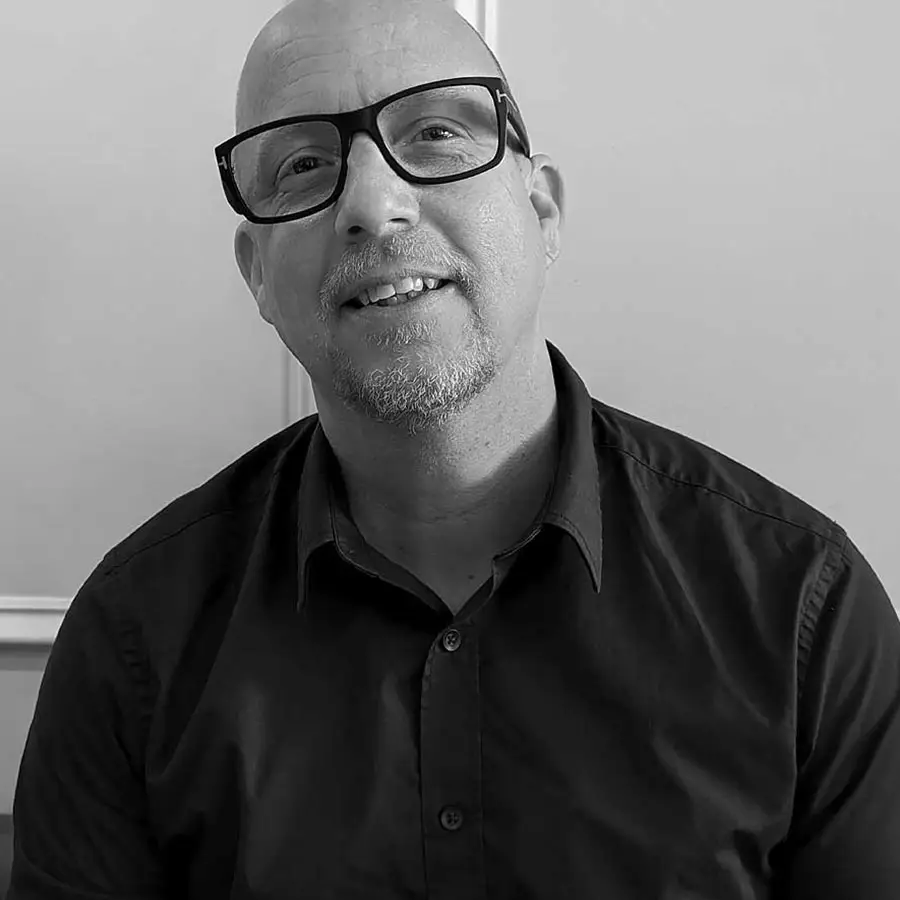
Experience Peace Through Presence
Live more fully by mastering the art of mindfulness

What is Mindfulness?
The art of being fully present in each moment – observing your thoughts, feelings, and surroundings with curiosity rather than judgment. Mindfulness strengthens your ability to stay grounded in the now.
Mind-Body Connection
The Practice

Myths about Mindfulness
Let’s clear up some misconceptions to help you better understand this transformative practice.
Beyond Simple Awareness
More than Meditation
Natural Thoughts Welcome
Open to Everyone

Mindfulness vs. Awareness
Focus and Intention
Scope
The Role of Judgment
Working Together

Benefits of Mindfulness
Personal Growth
Mental Clarity
Deeper Connections

Beyond the Thinking Mind
Imagine standing by a river, watching leaves float past on the surface. This is the essence of mindfulness – the ability to observe your thoughts, emotions, and experiences without getting swept away by them. It’s a fundamental shift from being caught in the current of your mind to resting in the space of awareness itself.
The Art of Mindfulness
When we practice mindfulness, we develop a unique relationship with our experience. Rather than immediately reacting to every thought or emotion, we learn to pause and observe with gentle curiosity. This isn’t about disconnecting – it’s about seeing more clearly.
Think of it this way: You’re not the thoughts passing through your mind, just as you’re not the clouds passing through the sky. You’re the vast awareness that notices both. This simple yet profound understanding can transform how you experience life’s challenges and joys.
A Deeper Truth
Most of us strongly identify with our thoughts and feelings, believing “I am angry” rather than “I notice anger arising.” Mindfulness helps us recognize a deeper truth – that beneath our changing thoughts and emotions lies an unchanging awareness that simply observes. This shift in perspective brings remarkable freedom.
The Practice

Hi, I'm Geo
My Path
How I Can Help
An Invitation

Learn to Practice Mindfulness
Your Path Forward
Each person’s journey with mindfulness is unique. Our work together will be tailored to your needs, goals, and life circumstances.
Through one-on-one sessions, you’ll learn:
- Proven techniques to cultivate present-moment awareness
- Practical tools for managing stress and difficult emotions
- Methods to develop greater self-understanding and insight
- Ways to bring mindfulness into your daily life
Ongoing Support
As your guide, I provide consistent encouragement and direction while honoring your individual process.
You’ll receive:
- Regular check-ins to support your practice
- Personalized guidance to address challenges
- Resources to deepen your understanding
- A compassionate space to explore your experience
